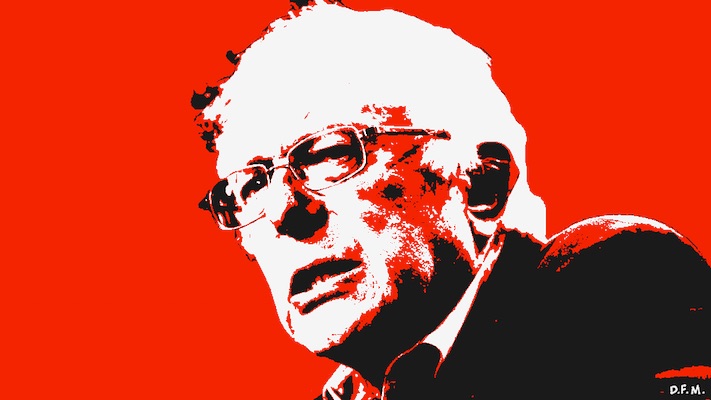By David Coates
The Democratic Party primary battle between Hillary Clinton and Bernie Sanders is being fought in the shadow of “neoliberalism” – in the shadow, that is, of the economic policies and general economic philosophy successfully espoused by Ronald Reagan in the United States and by Margaret Thatcher in the United Kingdom. Neoliberalism is that economic philosophy that prefers markets to governments as allocators of resources, and prefers individual and private – rather than collective and public – solutions to social problems. For the last three decades, it has been the ruling orthodoxy on both sides of the Atlantic, but when neoliberalism was first advocated – in the second half of the 1970s – it was not. It marked then a revolutionary break with an earlier orthodoxy: one linked to the writings of John Maynard Keynes and to the politics of the New Deal; one that had markets managed by governments, and had social problems solved by public spending and policy.
The Reagan/Thatcher neoliberal revolution kept Democrats out of the White House and kept Labour out of power in London, for three whole electoral cycles; and by the end of the third of those, leading politicians in both parties had come to the same view. They had decided that their only way back to power was to meet Reagan- and Thatcher-shaped electorates on neoliberal terms. Under Bill Clinton’s leadership in the US, and Tony Blair’s in the UK, each center-left party abandoned their earlier and more progressive sets of policies in favor of an explicit acceptance of, and accommodation with, the major tenets of the new conservative orthodox. They gave up their role as “tax and spend” progressives in favor of “new” positions. They pulled back from active industrial policies that regulated business. They “ended welfare as we know it”; and they even began to call themselves “New/Centrist Democrats” and “New Labour” to make that accommodation to neoliberal principles clear to those who would vote for them.
Read the full article here:
https://www.socialeurope.eu/2016/05/democratic-primaries-shadow-neoliberalism/











